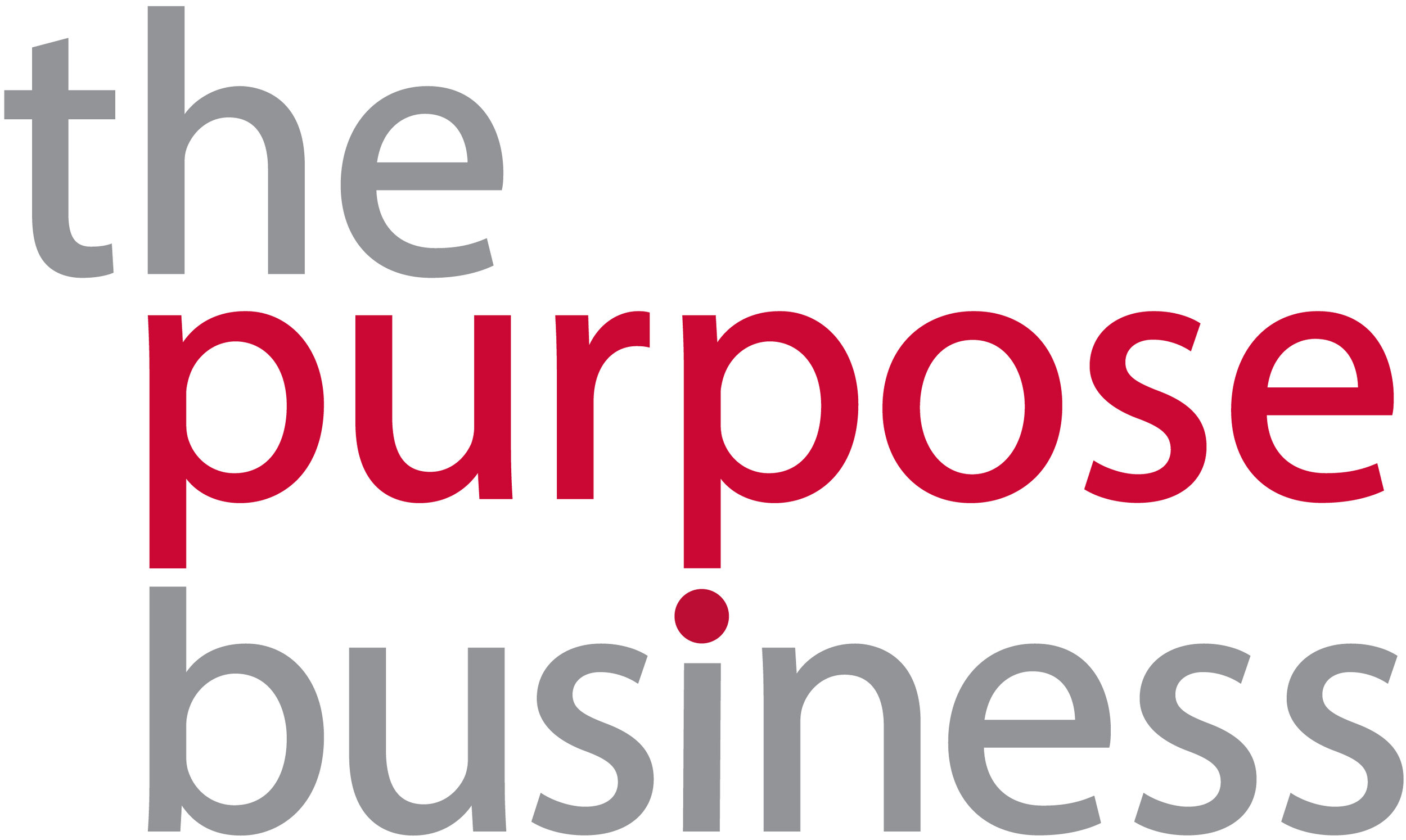Cool Heads in Turbulent Times: The Role of the Board in Emergency Preparedness
While safety protocols are necessary in times of disaster, there is no denying that recent events have radically transformed the way we do business. The time is now for directors to put emergency preparedness at the heart of risk management.
COVID-19 has caught many companies unaware. In terms of business impact, this deadly virus has not only hit vulnerable sectors like retail and tourism but has surfaced the need to better manage risk and put in place preventative measures in light of future pandemics. Responses to the pandemic by corporations have been largely within the domain of operations – setting up online systems for the workforce to work from home, to imposing health and safety measures at the workplace where human interaction is necessary. While emergency preparedness has not been an issue that boards have commonly prioritised, now more than ever is the time for directors to place it at the centre of their risk management and ESG oversight agenda.
Impact of disasters on business
Whilst well-oiled drills and procedures should be exercised in the event of a disaster, high-level decisions on strategic issues impacting overall business continuity such as insurance, liability issues, liquidity loss of assets, reputational damage and dropping stock price cannot be made from operations alone. In the case of COVID-19, critical human resource issues like lay-offs, furloughing and retention need the board’s input. Concerns around cybersecurity have also been raised due to the seismic shift of staff working from home. In addition to all this, the board needs to be notified if key business operations have the potential to be affected by disruptions in supply chains, greatly impacting production and distribution.
“Risk management processes and structures that would have better prepared companies were only widely understood by 20% of employees within their organisation with 26% of respondents reporting a lack of risk management measures.”
According to a survey by Minter Ellison, almost a third of the companies surveyed said that their business was ‘unprepared for the onset of COVID-19’. Furthermore, risk management processes and structures that would have better prepared companies were only widely understood by 20% of employees within their organisation with 26% of respondents reporting a lack of risk management measures. Integral to a company’s risk management capability is the decision-making role of the board, which would be of pressing urgency during disasters like the COVID-19 pandemic where companies can face significant disruption to everyday activities. The survey went on to paint the picture that leadership from the board (43%) and clarity of purpose/risk strategy (42%) were regarded as essential, as well as better reporting tools (52%) and raising the 'voice' of risk within the organisation (52%).
The board’s role in emergency preparedness as part of ESG
It's important to add that emergency preparedness extends beyond day-to-day operations as a crucial part of the board’s role. In principle, the board owes the duty of care to protect both the corporation and its shareholders. A well laid out emergency preparedness plan that sets out the preparation, response and recovery from disasters requires input and commitment from the board in the form of investment, support and assessment of risk.
In order to fulfil their responsibilities, the board should remain informed about the corporation’s operations and exercise judgment that is in the best interests of the corporation and its shareholders. This might include the corporation’s operational viability, legal compliance and financial performance. The board should work closely with the management team to ensure that proper reporting protocols and information-sharing channels are in place. Thus, in the event of a pandemic like COVID-19, the board can access and monitor up-to-date information in connection with a corporation’s disaster response. But many boards - even with the best of intentions and as evidenced by the Minter Ellison survey - do not appear to be exercising this duty.
Getting started
In ESG reporting, conducting a materiality assessment of the key issues that are likely to impact a corporation and its stakeholders would be the starting point for the board’s understanding of the complexity of environmental and social factors affecting the business. Emergency preparedness can then be formulated as a broader part of the board’s governance over sustainability. A board that is actively engaged in these matters reflects true responsible leadership – articulating a company’s values and business priorities.
COVID may not have been at the top of this list in the past, but there's no doubt it's up there now, along with other pressing environmental issues such as climate change and biodiversity loss. On the social side of ESG, the physical as well as mental toll on staff should be considered in view of the personal stresses that COVID-19 is bringing to the community. Whilst ESG fosters a broader approach to global issues, the board also shoulders responsibility for the well-being of the corporation’s workforce. The involvement of board directors is paramount to this understanding and to future-proof their business.
“It will be the resilient companies with the board of directors at the helm of emergency preparedness who will emerge stronger and wiser for the experience.”
In today’s uncertain climate, corporations can only expect more turbulence and disruption. The importance of planning for disasters and emergencies cannot be underestimated. Indeed, it is easier to have a knee-jerk response, but it does more good to get started on a well-thought out emergency preparedness plan. As recent events have shown, the pattern of business as we know it has radically changed. It will be the resilient companies with the board of directors at the helm of emergency preparedness who will emerge stronger and wiser for the experience.




